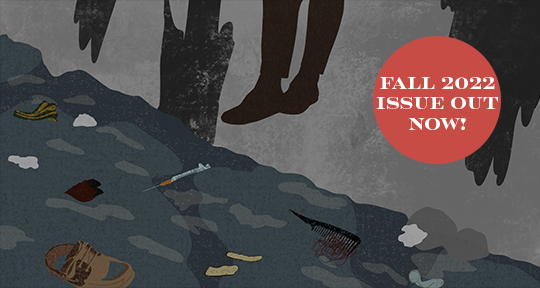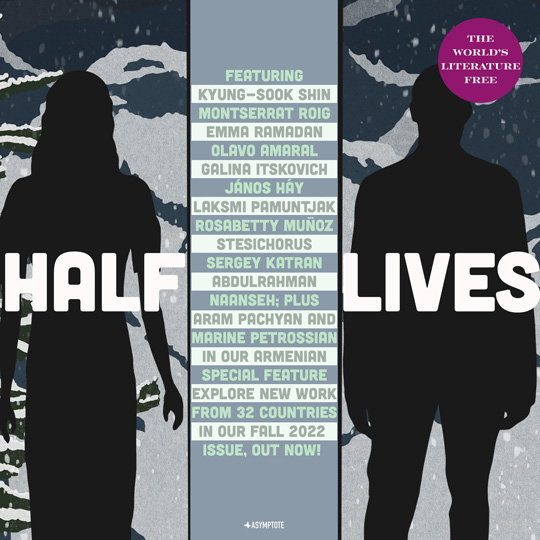In this week’s round-up of the latest in global literary news, we are celebrating award honourees and writers redefining their national literatures by working through the art of translation. From keeping memory alive and imagining the future, these are some of the texts that connect past, present, and future.
Rubén López, Editor-at-Large, reporting for Central America
The Guatemalan writer Gloria Hernández was awarded with the Miguel Ángel Asturias National Prize in Literature on November 3. The prize, founded in 1988, is given annually to Guatemalan writers whose career has had an impact in the international landscape. It includes a monetary compensation of Q50,000 (USD4,700), a diploma, and a medal. Additionally, one of the awarded writer’s books is reedited and published.
Hernández was the seventh woman in history to receive the prize. In her speech, she devoted the award to “the female and male writers fallen performing writing and critical thinking against the enemies of freedom, art, and light,” mentioning several martyrs from the Guatemalan state terror of the 80s, such as María López Valdizón, Alaíde Foppa, Otto René Castillo, Irma Flaquer, Roberto Obregón, and Luis de Lión. She also talked about the role of women in storytelling, as they are the ones that keep the memory of the clan alive. “That memory which was my grandmothers is now living in my mother.” Long an an advocate for children’s literature, she additionally stated that “In the face of ignorance and foolishness that considers children’s literature a minor genre, I only smile and continue with my work.”
The nineteenth edition of the International Book Fair in Guatemala (FILGUA) is close; thousands of writers, editors, scholars, and artists from a wide range of disciplines will gather from November 24 to December 4. There will be more than a hundred book releases, several contests, conferences, and workshops. The fair will resume its face-to-face format after COVID restrictions, but will also keep a virtual schedule, and the organizers hope to reach an audience of 2.4 million people there.
This year, Korea will be the honored guest, and its embassy will hold several activities like Korean writing workshops, a traditional costumes exhibition, a taekwondo demonstration, a Korean art show, and a K-pop concert. The inaugural conference is entitled “The relation between Korea and Latin America,” and will be presented by Juan Felipe López Aymes, a scholar from the Regional Center of Multidisciplinary Research form Universidad Autónoma de México. READ MORE…











